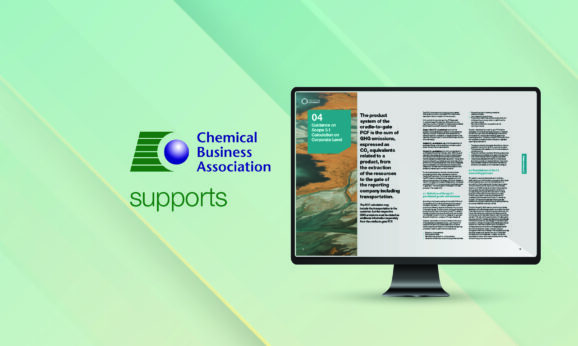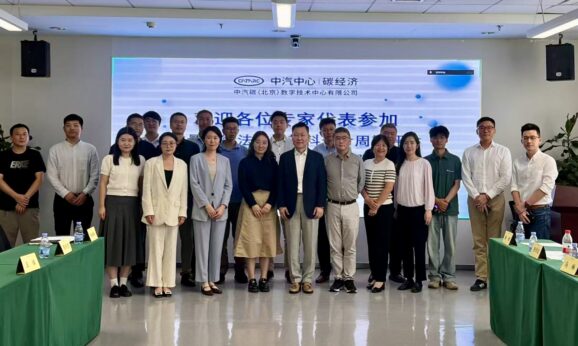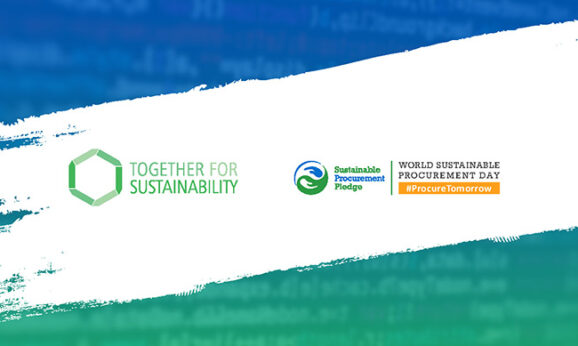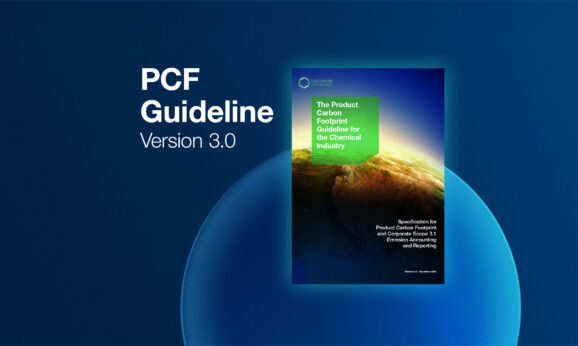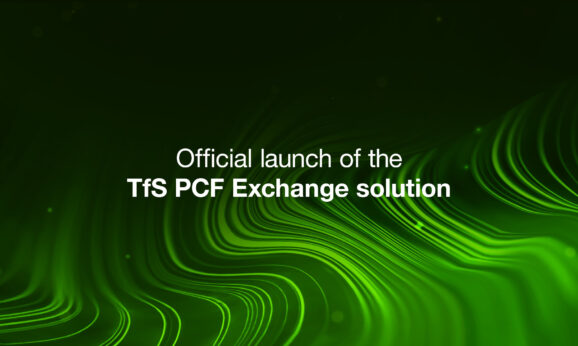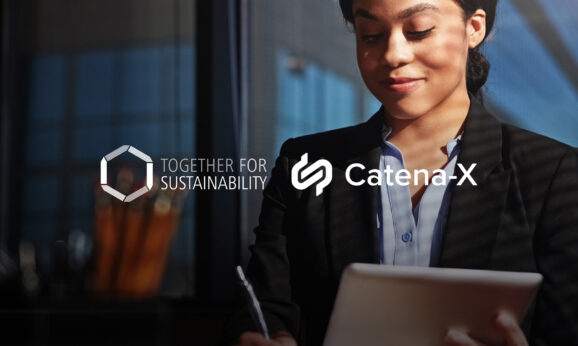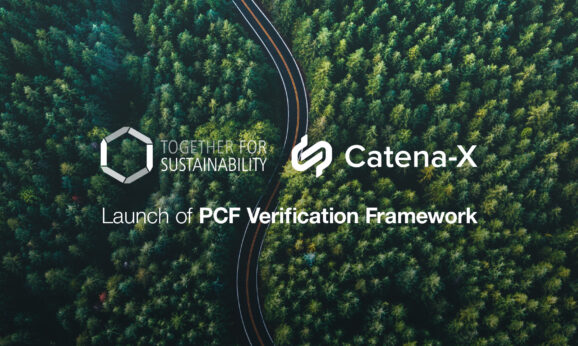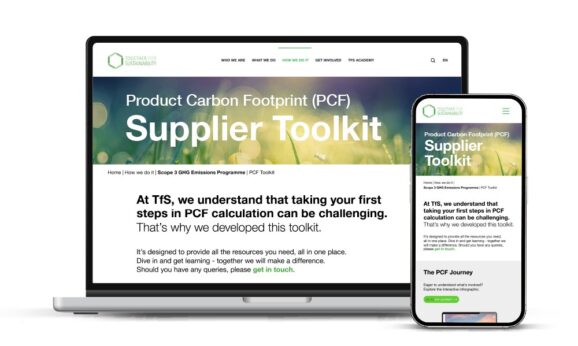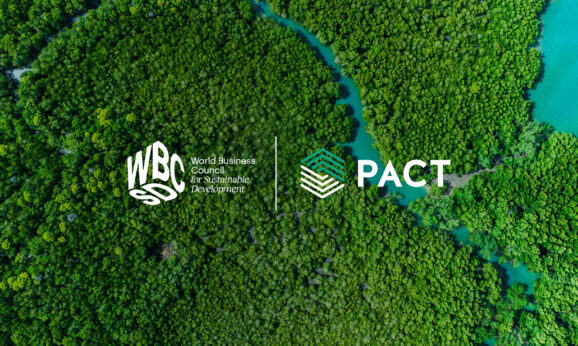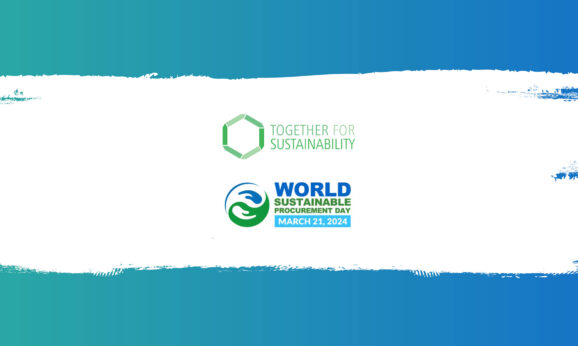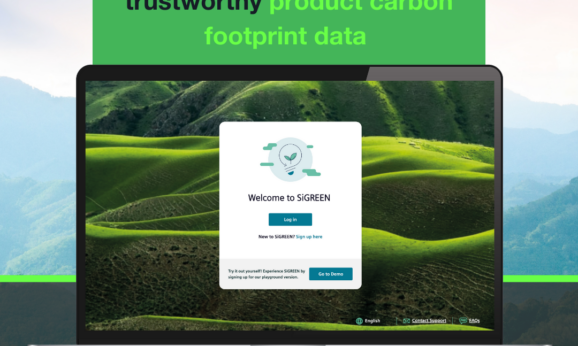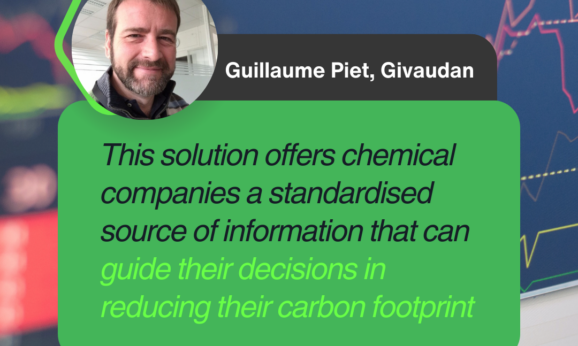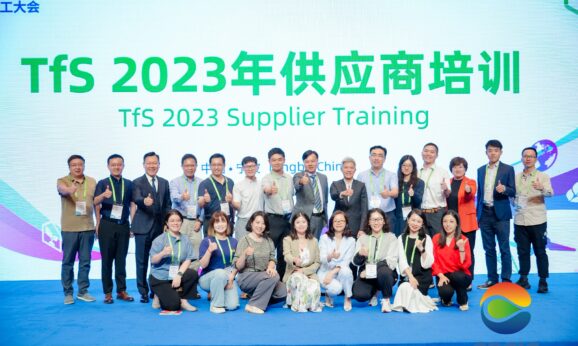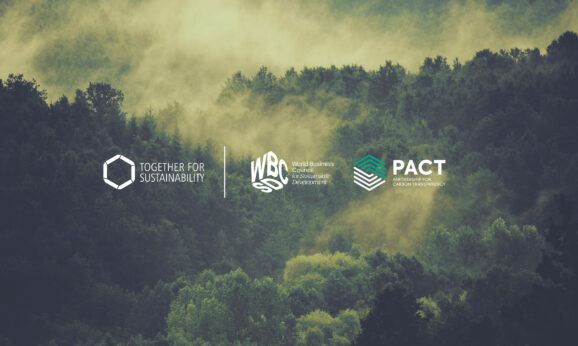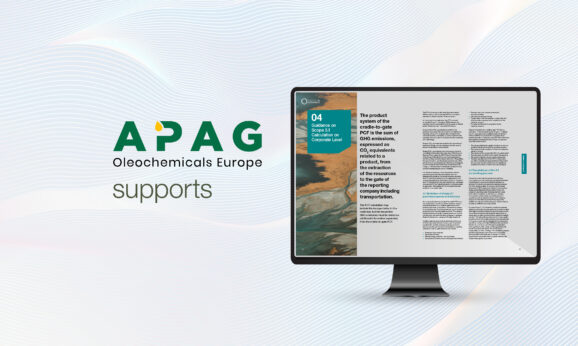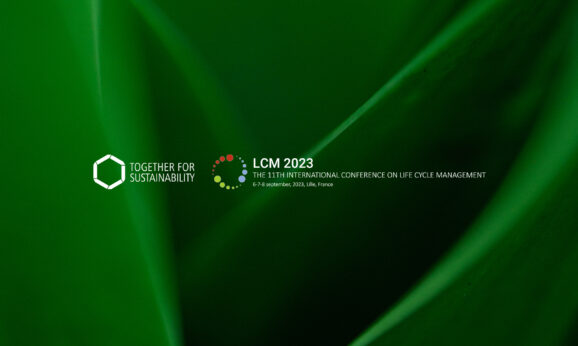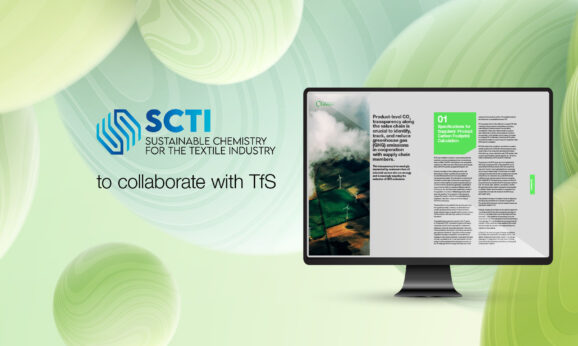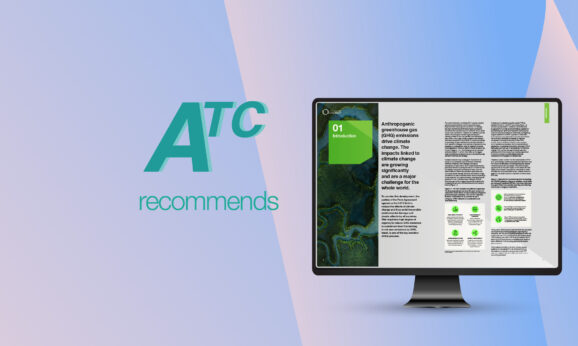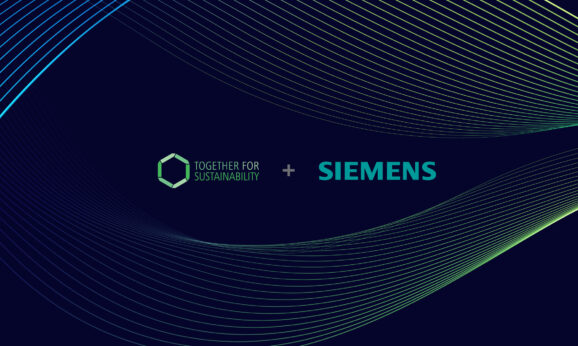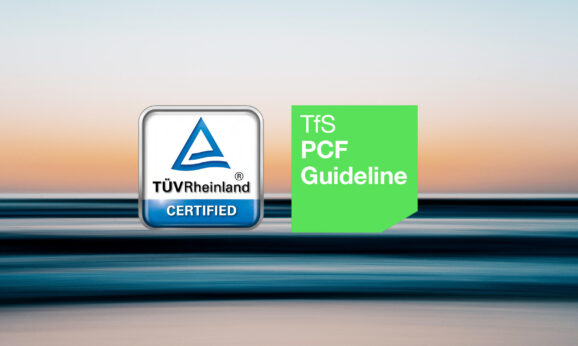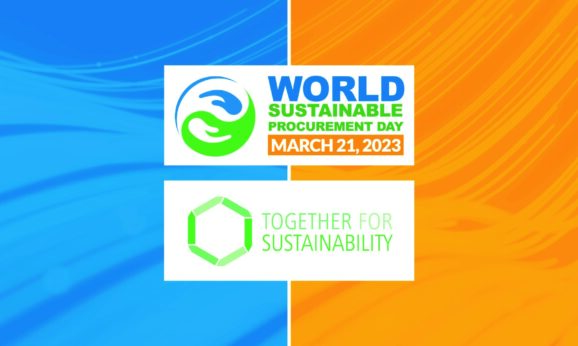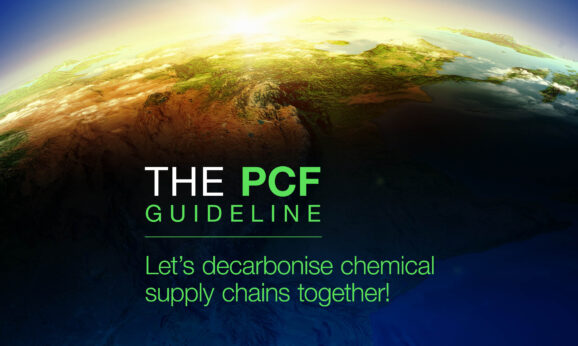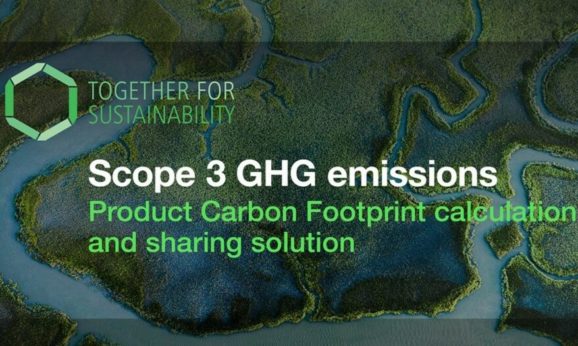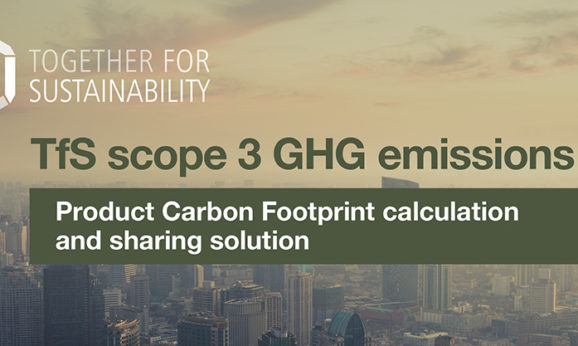TfS collaboration strengthens Scope 3 guidance in RMI’s New Corporate Handbook

Together for Sustainability (TfS) has contributed critical insights to “Accelerating Supply Chain Decarbonization: A Corporate Guide for Smarter Actions”, a new resource developed by RMI in collaboration with the World Business Council for Sustainable Development’s (WBCSD) Partnership for Carbon Transparency (PACT). The handbook provides practical strategies for corporate climate and procurement teams to work in tandem in addressing the complexities of Scope 3 emissions.
Drawing on TfS’s deep experience within the chemical sector, the guide helps companies overcome data uncertainty, navigate supplier segmentation, and align procurement decisions with climate priorities. TfS’s contribution ensures that RMI’s guide is not only technically robust but also attuned to the real-world dynamics of global supply chains. TfS is glad to have collaborated with RMI to provide critical insights that support the chemical sector in advancing toward its decarbonisation targets
This cross-sectoral collaboration is reflected throughout the guide’s structure – from helping companies build internal momentum and climate governance systems to equipping procurement teams with frameworks for supplier engagement and green product evaluation. The handbook complements the recent PACT–RMI white paper, “Incentivizing Product-Carbon-Footprint Exchange Across Supply Chains”, which lays out a strategic roadmap for turning product-level carbon data into meaningful corporate action. By embedding Product Carbon Footprint (PCF) data into supplier engagement and procurement decisions, the white paper outlines how companies can move from transparency to transformation.
Both publications are part of a broader initiative by PACT and RMI to provide companies with actionable tools for tackling Scope 3 emissions, recognising that meaningful change requires both data-driven decision-making and sustained supplier collaboration.
As TfS, RMI, and WBCSD continue to work together, their shared goal remains clear: empower corporates to lead from within, segment suppliers strategically, and make procurement a lever for climate action across all tiers of the value chain.








